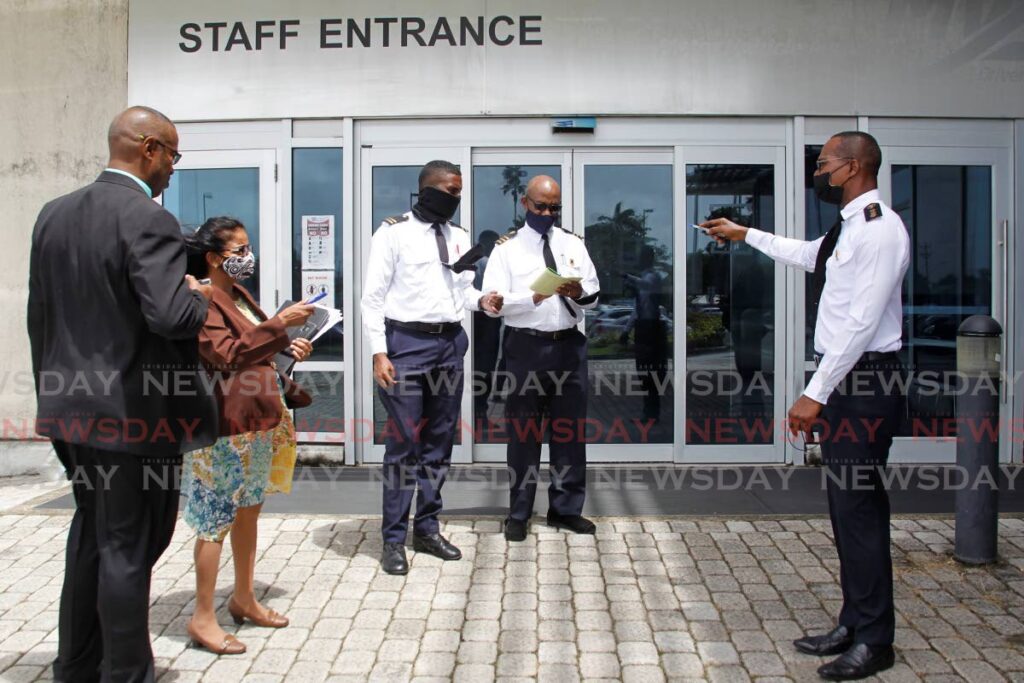Getting licensing right, again

Transport Commissioner Clive Clarke seemed positive that he had the answers for the frustrations that truck drivers are experiencing to have their vehicles inspected.
His confidence that increases in staffing and an improved process would deliver better experiences for the public seem wildly optimistic given the long and tortured history of efficiency initiatives, record-keeping and digitalisation at the Licensing Division.
Mr Clarke noted that there were errors made in the manual process for inspections and the existing computer system is plagued by missing or incorrect data entry when a digitisation process was carried out 18 years ago. Works and Transport Minister Rohan Sinanan pointed out that the errors riddle records going back 60 years.
The first effort at computerising the division dates back to the 1980s, and as recently as 2009, the Public Administration Ministry was announced a digitalisation initiative to be managed by Fujitsu Trinidad.
It's astonishing that Mr Clarke could so blithely reference letters being entered into fields for numbers, since automated rejection of such errors and required blank fields has been part of database software well before the turn of the century.
The problems at licensing have many parallels with these design oversights. A system that starts by creating unnecessary crowds is one that isn't designed to efficiently meet the needs of the motoring public.
The Ministry of Works and Transport must begin by examining how it does business today as it commits to changes at the division.
Mr Sinanan described the hiccups as being caused by the implementation of a "new" modern system, but using computers to digitise bad work processes won't create good results.
It's not as if the Licensing Division is unable to come up with good ideas. In December 2020, as the country grappled with pandemic restrictions, Mr Clarke announced that the division had rallied, establishing an online appointment system and was readying two buses converted to deliver basic services to customers about for deployment in rural areas.
But his promises to bring licence renewals and moving the bulk of inspection related paperwork online to reduce in-person interactions never materialised.
Mr Sinanan's promises of new efficiencies in the relationship between the division and approved garages are equally promising and deserve follow-through.
In planning meaningful change in the division, Mr Clarke must acknowledge the gorilla in the room, the spectre of corruption at the clerical and inspector levels that has long plagued the institution.
Periodic crackdowns have led to arrests. In November 2019, nine officials and employees were held for fraud. A year later, 20 licensing officers were suspended pending corruption investigations.
While policing the division is important, more emphasis should be placed on designing systems both digital and procedural that minimise the potential for institutional corruption.


Comments
"Getting licensing right, again"